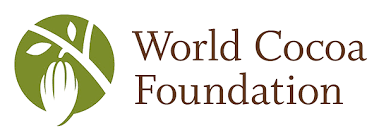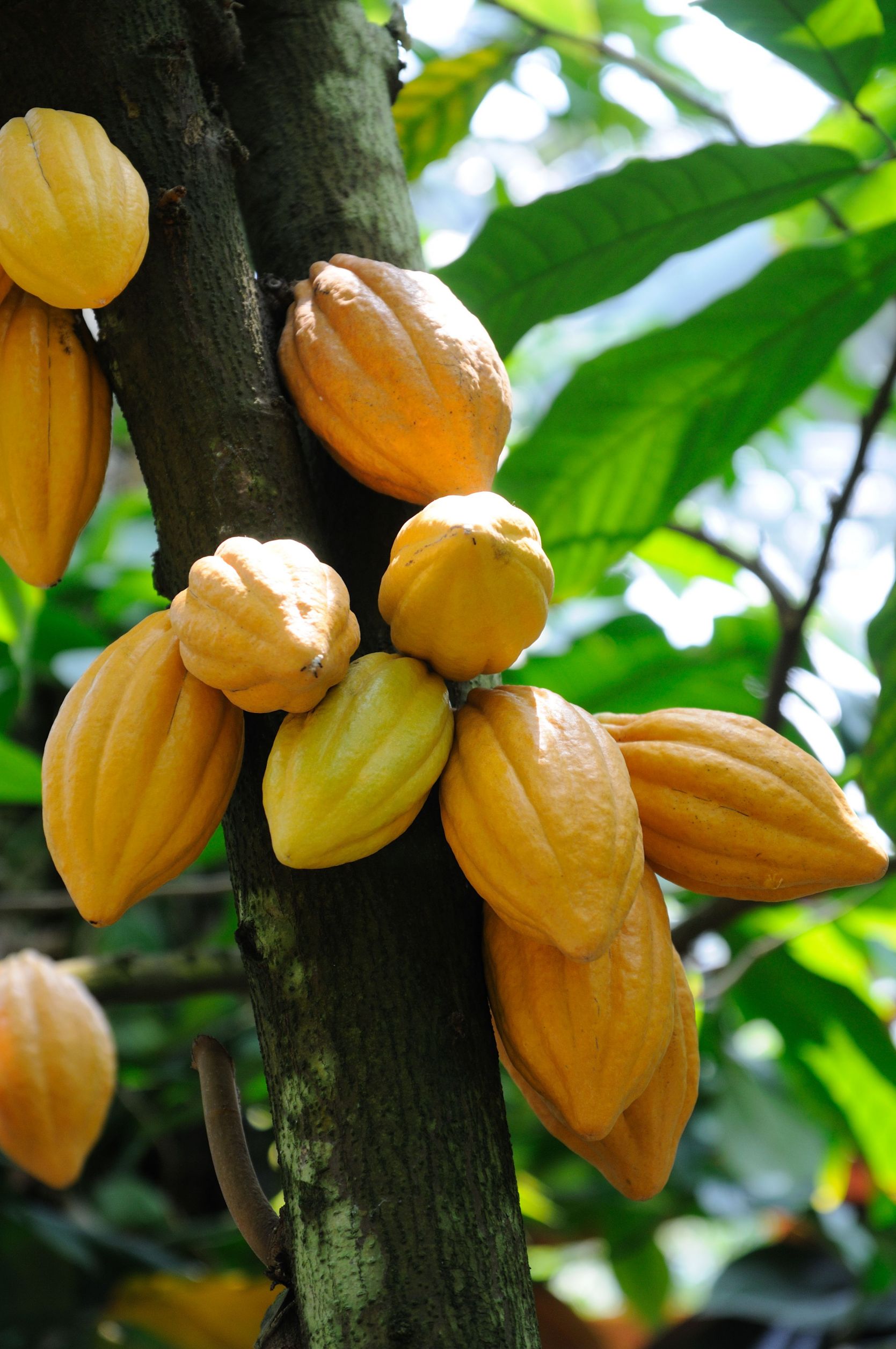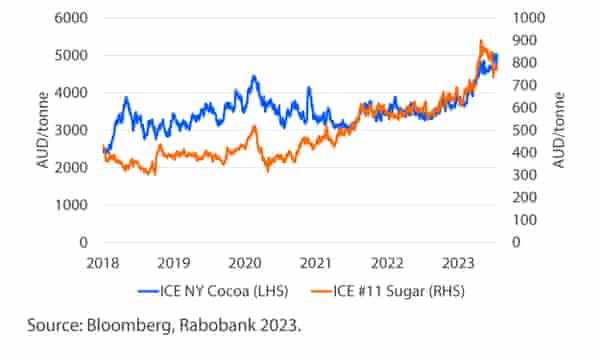International cocoa activites.
Posted by Ruth Medd on 6th Mar 2024
International cocoa activities
Australia has a nascent cocoa industry, but with great expectations for its future development. International activities can guide Australia and offer up opportunities as our industry grows.
Here is my March 2024 roundup of international cocoa.
World Cocoa Foundation

The World Cocoa Foundation (WCF) meeting was held in Amsterdam in February 2024. Their headline takeout was ‘World Cocoa Foundation brings a clear strategy and fresh approach to reforming the chocolate industry’
The WCF website cites their focus areas as
- Improve farmer income
- Combat child labour
- Reverse deforestation Mainly living wage for farmers and cooperation
WCF members represent global cocoa and the chocolate sector which includes farmer cooperatives, cocoa processors, cocoa traders, chocolate manufacturers and supply chain companies. WCF is headquarters in Washington DC.
More on the conference at Confectionary News of 8 Feb 2024 and 16 Feb 2024. The Fireside Chat with Joseph Boahen Aidoo, CEO of the Ghana Cocoa Board and
Yves Brahima Konè, Director General Cote d'Ivoire's Coffee & Cocoa Council provided their perspectives on the cocoa price rises and EU Regulation.
To quote Confectionary news. Joseph Aidoo said:
- "the new (and high) price of cocoa has not yet been reflected in farmers' income, we've been speaking about living income for more than 20 years, and the farmers have still not seen one."
- ‘this regulation (EUDR) is imposing an additional burden on production, the markets will have to pay, one way or another.”
And on climate change:
- "Cocoa is very responsive or sensitive to extreme weather conditions. When we have excessive rainfall, production goes up. When we have excessive dryness and drought, production goes down. And that's what has happened in the last three years.
The article is worth reading in full – link at references.
Price of cocoa

The price of cocoa – as reported in Confectionary News of 14 Feb 2024 has steadily increased over the past two
years and has roughly doubled since the beginning of 2023.
The Guardian reported on 9 Feb 2024 that global cocoa prices hit a new peak of US$5,874 (£4,655) a ton on Thursday in New York as dry weather continued to affect crops in west Africa, with poor harvests driving up prices in the region, which produces the majority of global supply.
In London, cocoa prices rose 7.3% to a record £4,660 a ton, more than double the £2,023 a ton a year ago.
https://www.confectionerynews.com/ has steadily increased over the past two years and has roughly doubled since the beginning of 2023.

Note: the price per ton is the price for 1000kg of dried beans, which typically in Australia converts to 70 -80% nibs (the stuff of chocolate). In other words, 1 ton of dried beans will 700kg to 800kg of nibs. That is enough to make 15,000 Charley’s single origin craft chocolate bars or more than 30,000 commercial bars.
How much does this matter?
For single origin chocolate, cocoa and cocoa butter comprise 70% of the ingredients; the other 30% is sugar. Commercial bars - think Cadbury - comprise max 30% cocoa solids in a bar of chocolate. Usually, 50% plus is sugar.
See the CODEX STAN 87-1981 at https://www.charleys.com.au/blog/the-basics-of-cocoa/ for the rules about percentage of cocoa in confectionary.
West Africa supplies 60% plus of world cocoa. Using West African cocoa in a 70% chocolate bar of 100gm will cost AU 90 cents at today, compared with 45 cents in 2023. No self-respecting craft chocolate maker should use this cocoa; given the prevailing ethical issues.
And for Cadbury and the like at 30% cocoa solids, the cost of the cocoa in a 100gm bar is 39 cents, compared with 19 cents in 2023. Does this support all the hype from big chocolate decrying increasing costs? A question for another blog.
EUDR Update
The EU Deforestation Regulations are a big issue for 2024 as the date of compliance approaches.
From 30 December 2024 (or 30 June 2025 for micro or small businesses), it will be prohibited to place relevant products on the EU market, or export them from the EU, unless they are:
- deforestation-free
- produced in accordance with the relevant legislation of the country of production; and
- covered by a due diligence statement indicating no more than a negligible risk of non-compliance.
Implementation issues are now coming to the forefront; a topic at the WCF. Developing compliance mechanisms for the EU directive is important for West African farmers as Europe imports 80% of cocoa globally. Expect to see a rush of Apps that will show a farmer’s land is deforestation-free.
References

